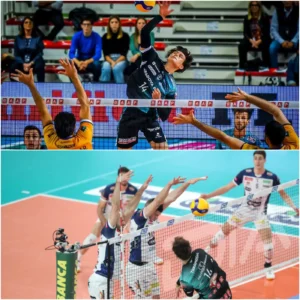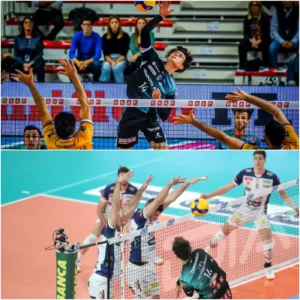NCAA and the Impact of Transgender Athletes on Women’s Sports
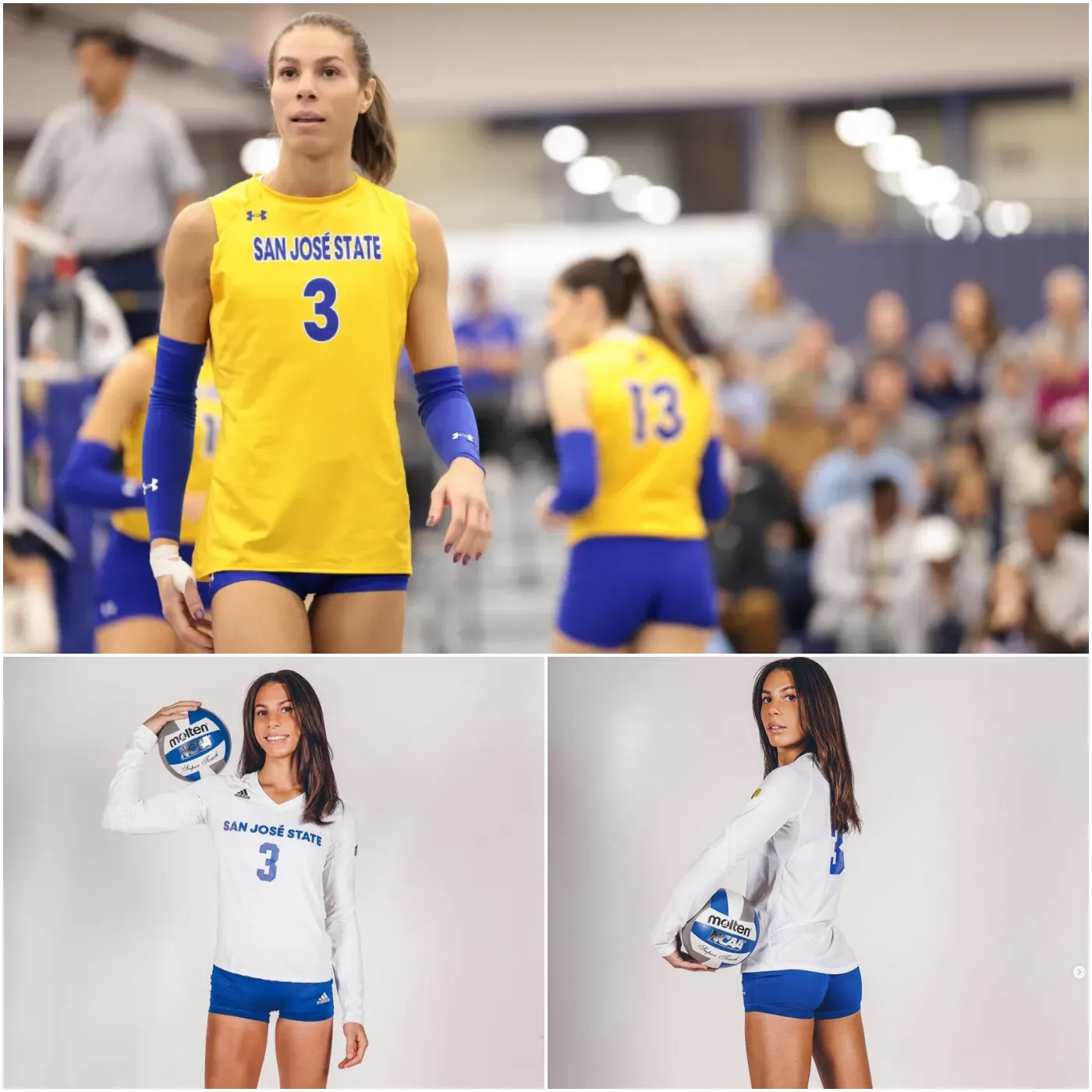
image 674e7aaf86097.webp
The controversy surrounding transgender athletes in women’s sports has intensified, exemplified by recent events involving San Jose State’s volleyball team. Boise State made headlines by withdrawing from the Mountain West Championship semifinal, refusing to compete against San Jose State, whose roster includes a transgender player, Blaire Fleming. This decision reflects a growing backlash against policies that allow athletes to compete based on gender identity rather than biological sex.
The Policy and Its Consequences
The NCAA’s Transgender Athlete Participation Policy has sparked debates, particularly its impact on women’s sports. Critics argue that this policy compromises fairness, safety, and opportunities for female athletes. Boise State’s withdrawal is not isolated; other teams, including Southern Utah, Wyoming, and Utah State, also forfeited matches against San Jose State for similar reasons.
Legal and Safety Concerns
This policy has led to lawsuits and safety concerns. For example, Fleming’s participation resulted in discomfort and safety worries among teammates. A complaint filed under Title IX highlighted the potential risks, citing instances where players felt unsafe during practice.
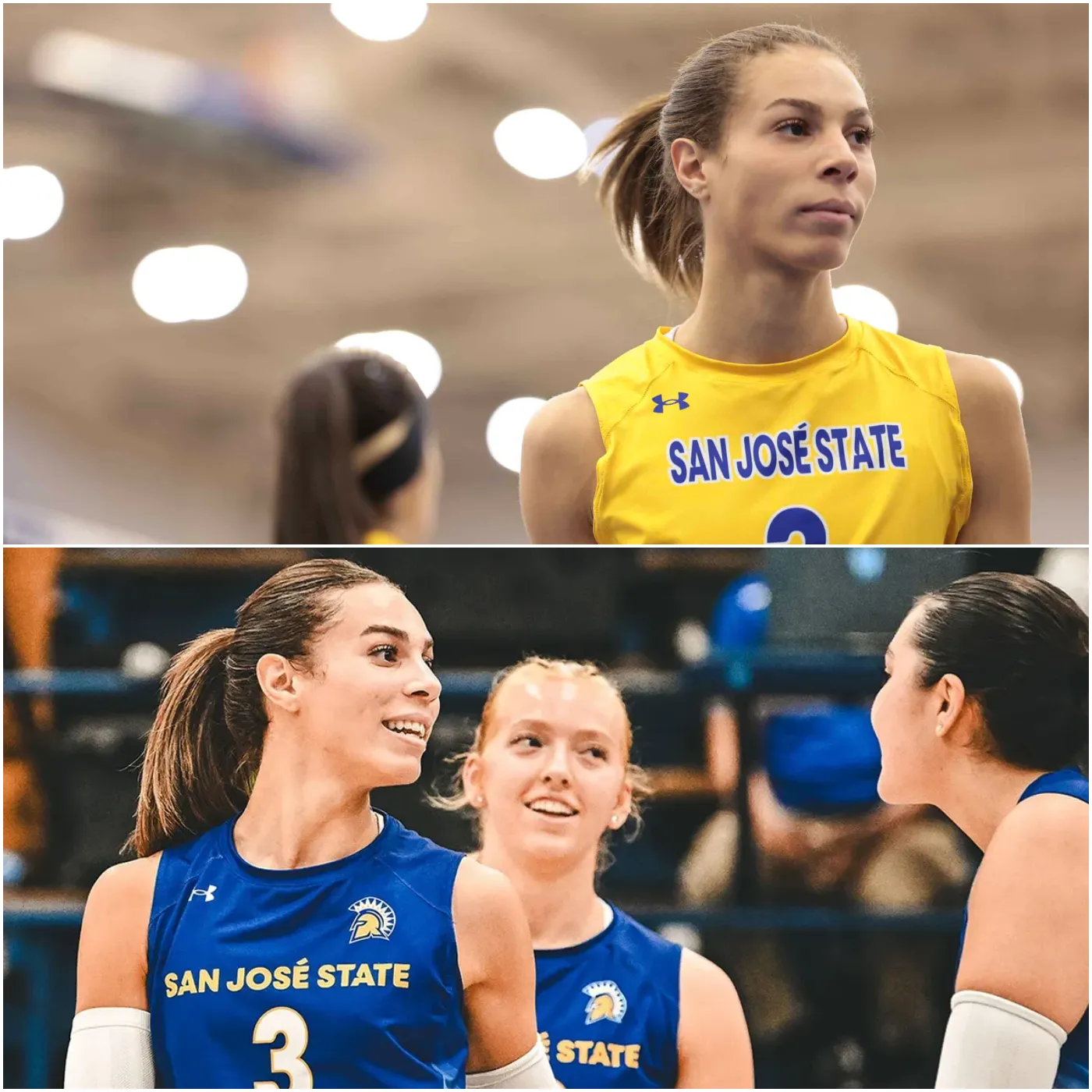
Melissa Batie-Smoose, San Jose State’s head coach, was suspended after filing a complaint to protect her athletes. Similarly, Brooke Slusser, a teammate of Fleming, voiced concerns over privacy, sharing accommodation without prior knowledge of Fleming’s identity. This situation underscores the clash between inclusivity and protecting women’s spaces.
Backlash and Support for Women’s Sports
Public sentiment increasingly supports restricting transgender athletes to teams that align with their sex at birth. A 2023 Gallup poll revealed that 69% of Americans back this stance, a rise from previous years.
Prominent voices like swimmer Riley Gaines and other female athletes have launched lawsuits against the NCAA, challenging its policies. Legal actions extend to the Mountain West Conference, with Boise State players leading the charge, emphasizing their commitment to preserving fair competition in women’s sports.
While Boise State’s decision might have cost them a championship, their actions highlight a broader struggle for fairness and integrity in women’s sports. As Kiersten Van Kirk noted, these sacrifices aim to safeguard opportunities for future generations of female athletes.
Women’s sports face a pivotal moment, with legal battles and public opinion shaping the landscape. The courage of these athletes serves as a reminder of the ongoing fight to balance inclusivity with fairness, safety, and respect for women’s rights.
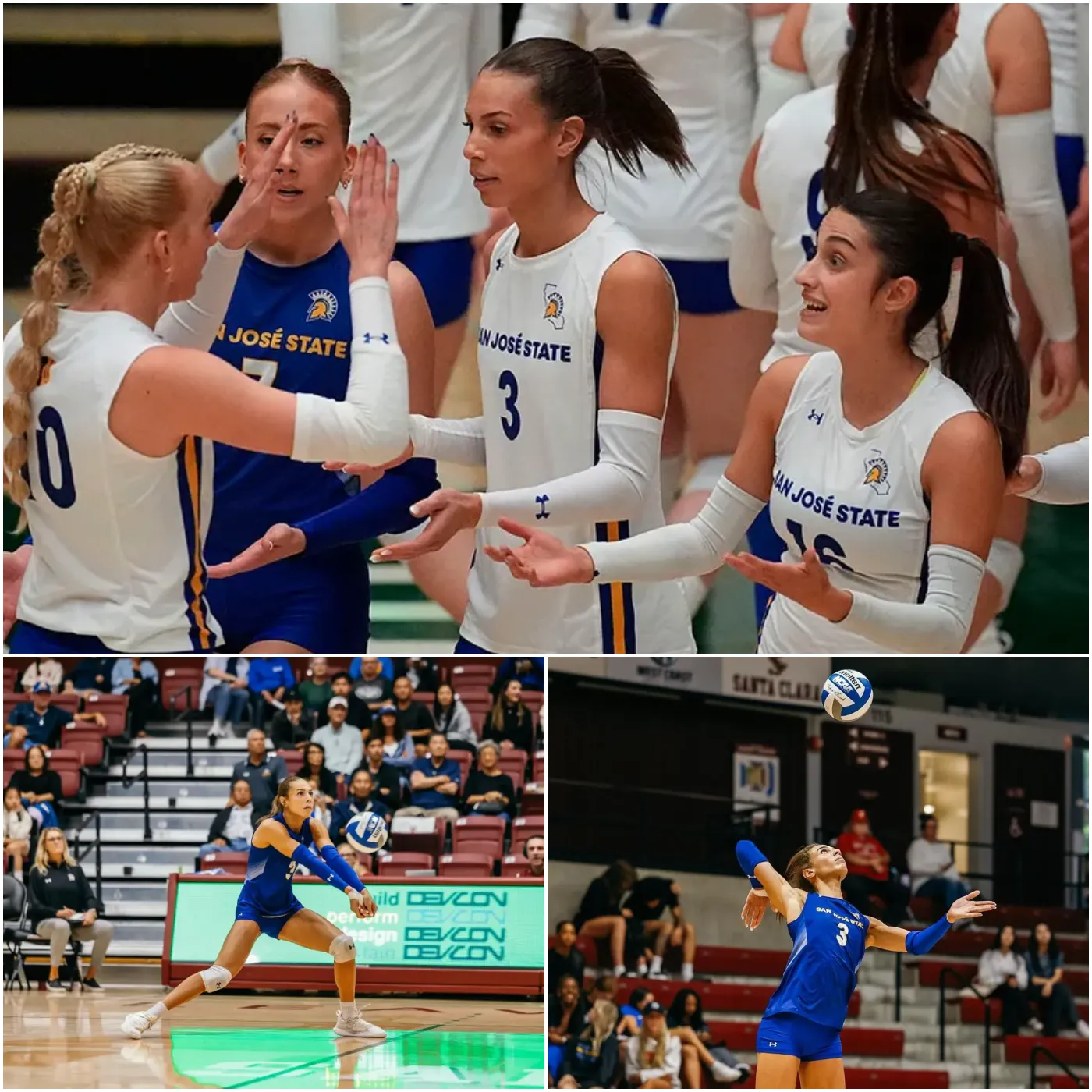
Looking Forward: San Jose State’s Upcoming Challenges
San Jose State’s volleyball team now prepares for the next phase of competition, with eyes on future matchups following their intense run in the Mountain West Championship. Despite the controversies, the team has shown resilience and determination. With players like Blaire Fleming contributing to their success, the Spartans aim to solidify their position as strong contenders. Fans and critics alike will be closely watching how they navigate the upcoming challenges, both on and off the court, as the season progresses.
#WomenInSports #TransgenderAthletes #FairCompetition #NCAA #TitleIX
